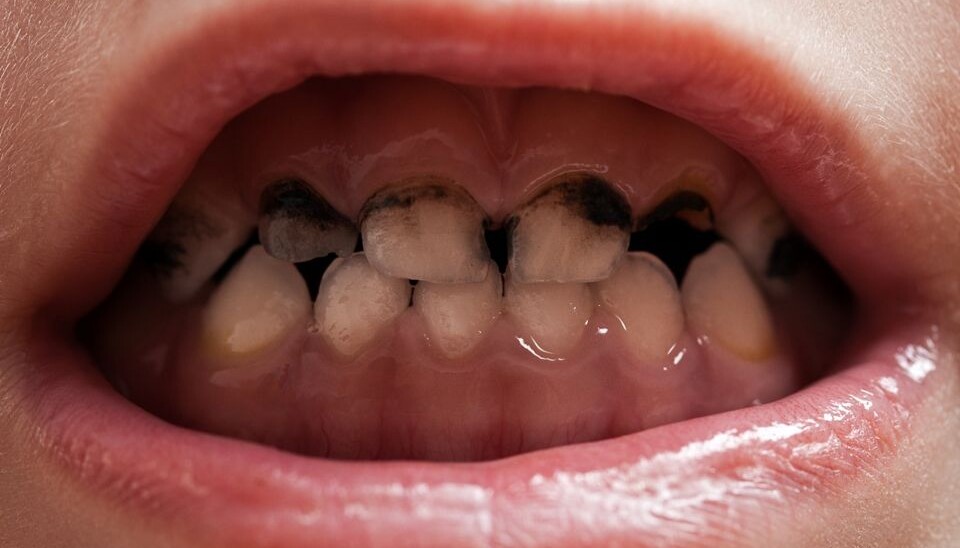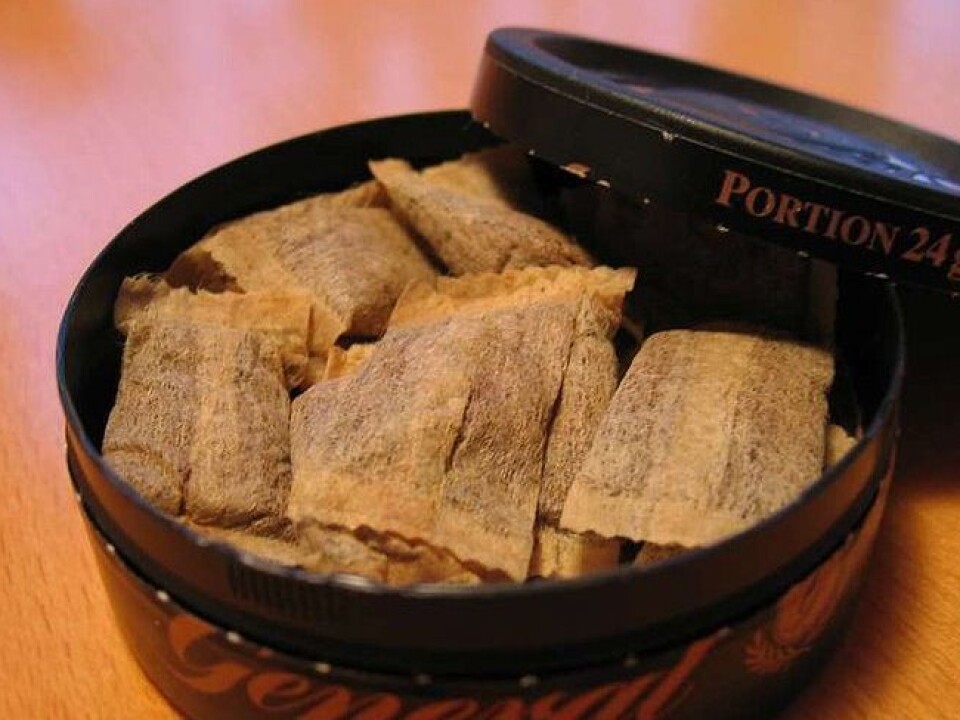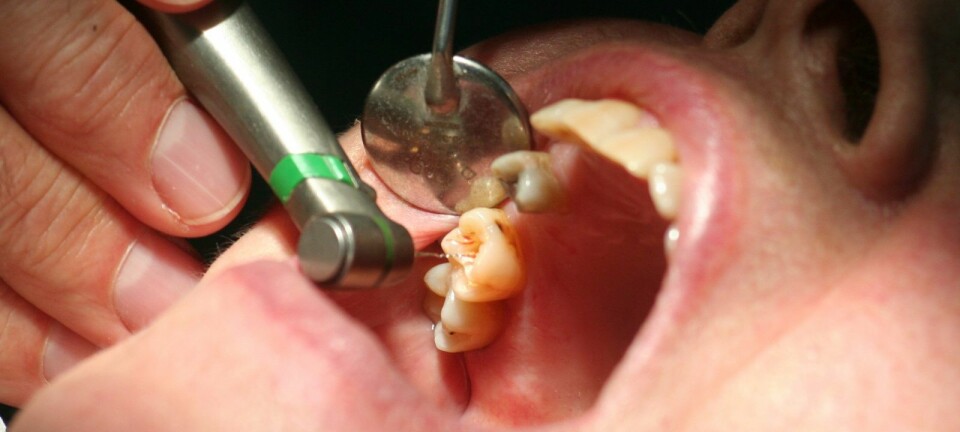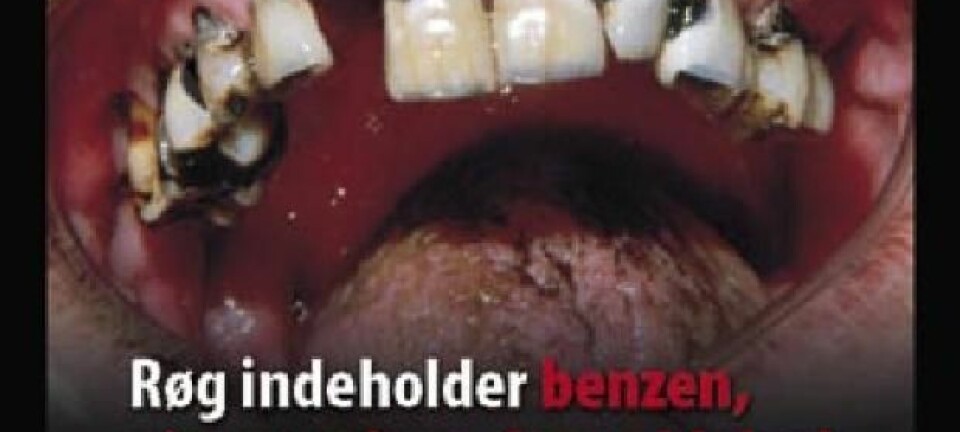
Snus doesn’t prevent cavities
People who use oral snuff tobacco, best known by its Scandinavian name snus, get roughly as many cavities as everyone else. And if you are concerned about dental health, stay clear of the new non-tobacco, nicotine-free variety.
Although tobacco smoking is on the wane, the share of Norwegians who use snus on the rise, with eight percent of the population using it daily in 2011. This can be seen as a boon to public health in some ways, as smoking is clearly linked to cancer, and the number of Norwegians who smoke has dropped by half over the past 15 years. But it’s been harder to prove a link between snus and cancer.
Another advantage snusers like to point out is that snus is a base, in terms of its chemistry. That means a pinch of the stuff under the lip neutralizes acids in the mouth. As you’ve probably heard from countless sugarless gum commercials, acidity is one cause of caries.
But do snus users really get fewer holes in their teeth?
PhD candidate Lena Hellqvist wanted to find out. Her conclusion left snusers little to rejoice about:

“Our studies have not given any clinical support to the claim that snus users have fewer cavities,” she says in a press release from the University of Gothenburg in Sweden.
Poor dental health, the same number of cavities
Hellqvist has analysed data collected in Sweden by three other studies, from 1983, 1993 and 2003.
She also conducted her own clinical study of roughly 200 users and non-users of snus, measuring the pH values of their dental plaque ‒ the thin biofilm that is actually a community of microorganisms.
If snus ads had been legal in Norway and Sweden, Hellqvist’s analyses wouldn’t be of much use to the producers. Nothing she found shows any health benefits, unless you compare the product to cigarettes.

Hellqvist found that snus users are more prone to gum infections and that tobacco users in general tend to visit dentists less frequently than those who abstain.
Twentu percent of snusers have gum infections, compared to 14 percent of non-users.
Hellqvist has little faith that snus provides any protection for your teeth.
“Snus users don’t get more caries than non-users. I think this is best explained by the general improvements in dental health in recent years, and the ubiquitous daily use of fluoride toothpastes,” she says.
Nicotine-free snus results in more cavities
The fact that snus users have neither more nor less caries than others amounts to a “glass half-full or half-empty?” issue -- you can see it as either good or bad news, depending on your point of view.
If you now want to end your nicotine addiction by using a non-tobacco snus, Hellqvist warns that the new nicotine-free snus alternatives could increase your dental bills.
Whereas tobacco snus contains nearly no carbohydrates or starches, the new non-tobacco snus products can be rough on your teeth. They are mostly made from corn products and consist of up to 6.5 percent carbohydrates and 24 percent starch.
The nicotine-free snus alternatives lowered pH values in plaque considerably, Hellqvist writes. Thus, the combination of lowered pH and more carbohydrates means that users risk getting more cavitites.
--------------------
Read the Norwegian version of this article at forskning.no







